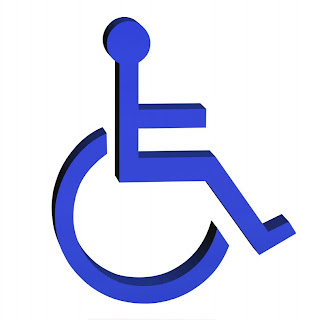C-section Triple Threat
Many pregnant women believe that undergoing a cesarean section is a no risk surgery. Due to the increase in elective c-sections, health professionals are trying to create awareness about the risks that come with the procedure.
Women who undergo elective caesarean sections suffer more than three times the number of cardiac arrests, blood clots and major infections than those who deliver vaginally, new Canadian research reveals.
The study, based on nearly 2.4 million deliveries over a 14-year-period, comes as more women are demanding, and getting, a C-section without a clear medical reason to justify one.
Part of the reason is "the widespread perception that the procedure is of little or no risk to healthy women," a cross-Canada team of researchers report today in the country's top medical journal."Indeed, a belief has become widespread that the risks of caesarean delivery for healthy women are so low as to make it a reasonable elective option for childbirth."
Yet, the new study in the Canadian Medical Association Journal found women who had a planned caesarean were five times more likely to have a postpartum cardiac arrest.
Their rates of wound infections were also five times higher. The C-section group also had three times the number of major, post-delivery infections and they were twice as likely to have anesthetic complications, blood clots or a hemorrhage requiring hysterectomy. They also stayed in hospital an average 1.5 days longer.
In absolute numbers, the risks were low. For example, the risk of cardiac arrest in the caesarean group was 1.9 per cent, versus 0.4 per cent in the vaginal delivery group.
There was no significant difference in the rates of in-hospital maternal deaths.
"Regardless of how people give birth, childbirth in Canada is a very safe enterprise," Dr. Robert Liston, professor and head of the department of obstetrics and gynecology at the University of British Columbia said in an interview.
"This information tell us, yes, caesarean section is safe, but it's not as safe as a planned vaginal delivery. The likelihood of death or something really horrible happening is very small, but it's more likely to happen if you have a caesarean section than if you go for planned vaginal delivery."
In 1969, Canada's C-section rate was 5.2 per cent of all pregnancies. In 2003, nearly 26 per cent of babies entered the world through an incision in their mother's bellies.
The surgical birth rate has been climbing despite no evidence of any increase in obstetric emergencies that would warrant a C-section, according to researchers.
Doctors hear, 'I'm healthy, I know the pregnancy is entirely normal but I'm worried about labour, I'm scared about labour, I'm scared for my baby, therefore I want a caesarean section," Liston, who was one of the authors of the new study, says.
"I think the majority of women still focus on normal labour and birth as the ideal, but I think practitioners would agree with me that in Canada there is an increase in the number of people who are requesting a C-section just on the basis of choice."
All of this could all end if doctors would just prevent their patients from being able to schedule c-sections. Ultimately they have the final word.
SOURCE:CANADA.COM

Comments
6 months later that same anestieologist miss placed an epidural and killed a woman (he continued to work at that hospital til he hurt 4 more women then was let go - he is still practicing in chicago at a different hospital)